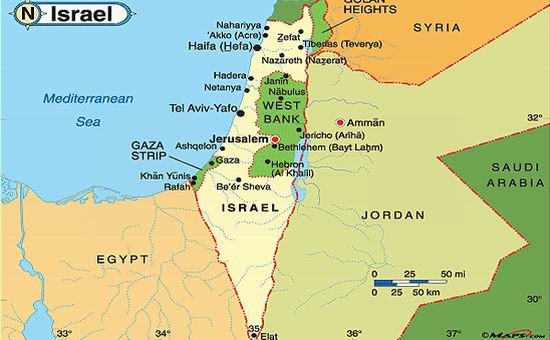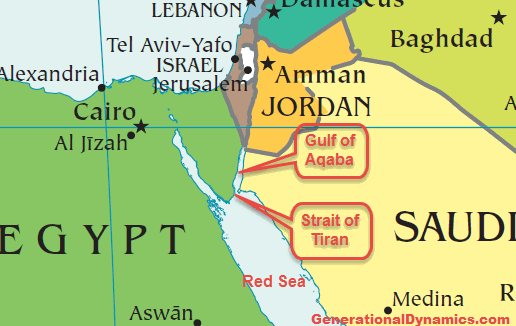7667766266
enquiry@shankarias.in
What is the issue?
Why did the current sitation arise?

How did Jerusalem become a hotly contested territory?
How did Israel take over the entire Jerusalem?

What has been the situation since?
Source: Indian Express